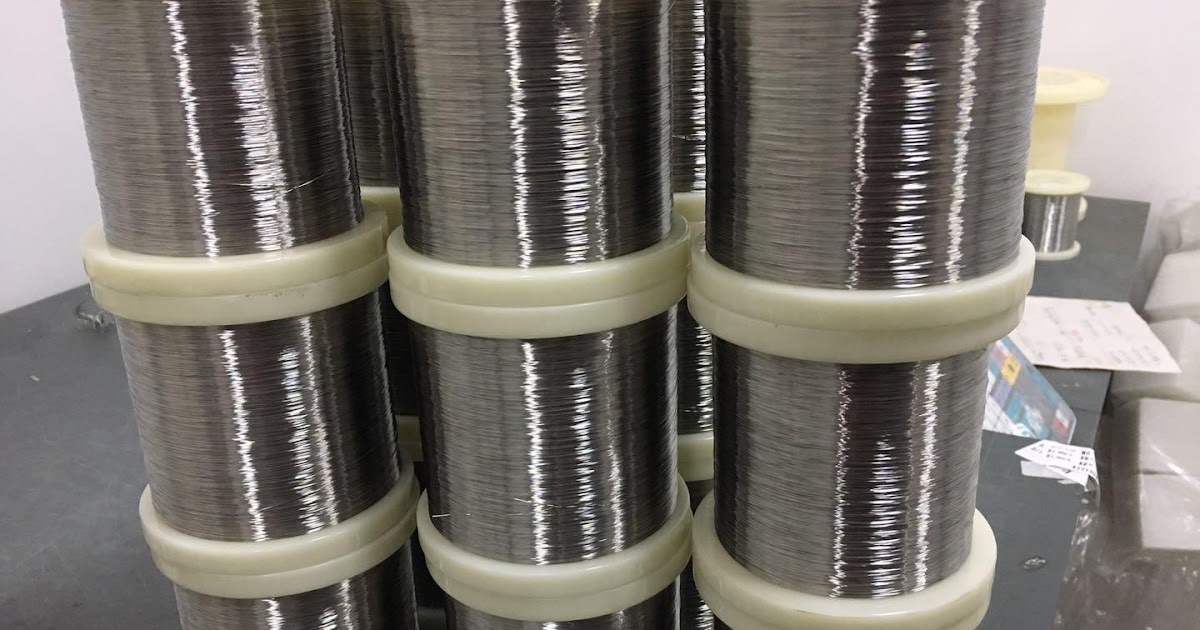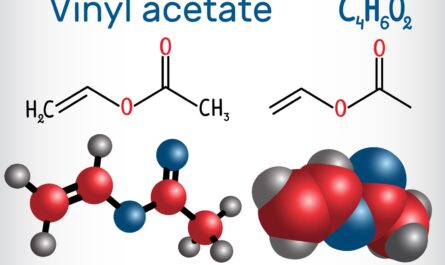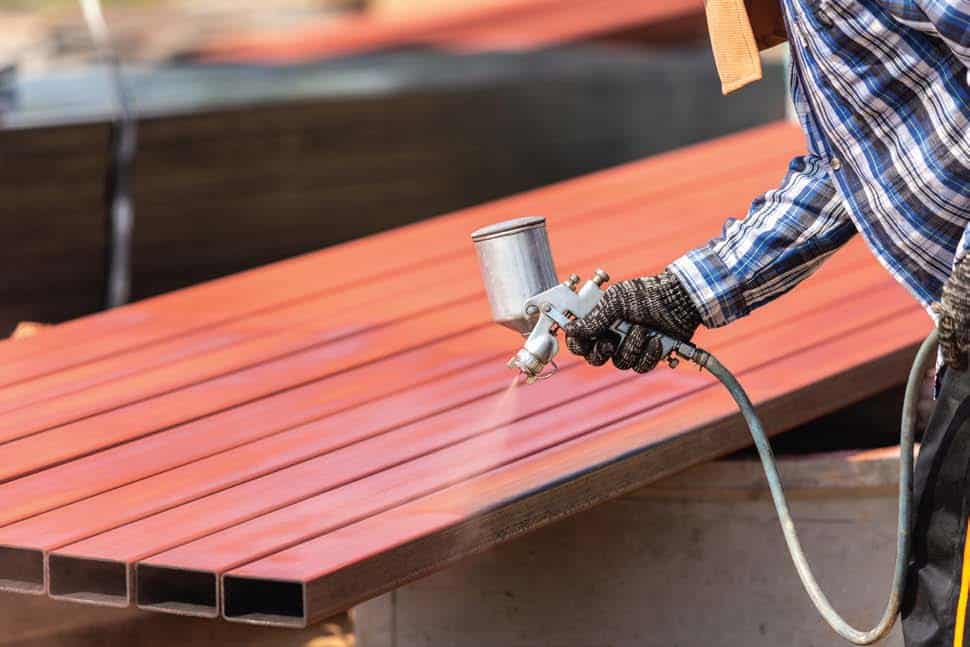Production chemicals play a vital role in the oil and gas industry by helping to optimize production from oil and gas wells. These specialty chemicals are specifically formulated to address various production challenges encountered during extraction and processing of hydrocarbons. Some of the key functions of production chemicals include corrosion inhibition, scale prevention, fluid loss control, emulsion breaking, and enhancement of mobility.
Corrosion Inhibition
Corrosion of Production Chemicals equipment like tubing, casing and pipelines can lead to leaks, ruptures and loss of containment. It is one of the major problems faced in oil and gas operations. Production chemicals known as corrosion inhibitors are used to form a protective film or layer on the internal metal surfaces to prevent corrosion. Common types of corrosion inhibitors include film forming, volatile, and phosphate based inhibitors. They work by interfering with the chemical reactions that cause corrosion. This helps extend the lifespan of production assets and reduce maintenance costs.
Scale Prevention
When hydrocarbons are extracted and brought to the surface, various types of scales can form inside the production system from dissolved salts in the water. Scales like calcium carbonate, barium sulfate and strontium sulfate can deposit on the interior walls of pipes and equipment. This restricts fluid flow and leads to production losses over time. Scale inhibitors are production chemicals that control scale deposition by interfering with the crystallization process. They disperse existing scales and prevent further scaling through complex chemical interactions.
Fluid Loss Control
Drilling and completion fluids are used to maintain wellbore stability, transport cuttings to the surface and form filtercakes during drilling operations. Uncontrolled fluid losses into permeable formation can cause instability issues. Fluid loss control additives are production chemicals which reduce the filtration of drilling fluids into the formation by forming a low permeability, thin filtercake. They contain materials like bentonite, starch and polymers. This helps manage downhole pressure and prevent fluid losses.
Emulsion Breaking
During oil and gas production, emulsions consisting of water, oil and solids often form downhole or at the surface. The presence of emulsions leads to impaired flow assurance, increased corrosion and complications in separation process. Demulsifiers are production chemicals designed to break these stable emulsions. They work by reducing the interfacial tension between oil and water phases so they can separate naturally. This facilitates smooth production and processing of hydrocarbons.
Enhanced Mobility
As reservoirs mature over time, the permeability of the formation is reduced due to various factors like compaction, deposition of waxes or asphaltenes. This increases the viscosity of crude oil/condensate trapped inside porous media and impairs its flow towards the wellbore. Chemicals called viscosity reducers or mobility control additives are used to regain or boost the formation’s permeability on a temporary basis. Polymers, surfactants and solvents function as viscosity reducers to thin the crude and enhance hydrocarbon recovery.
Production Optimization with Chemical Treatments
Proper application of production chemicals plays a key role in maximizing asset life as well as improving recovery from oil and gas reservoirs. Some common ways in which they optimize production include:
– Mitigating corrosion and associated risks like leaks to boost operational uptime.
– Dissolving/dispersing mineral scales to prevent decline in well productivity over time.
– Forming effective filtercakes during drilling to avoid instability issues like fluid losses.
– Breaking troublesome emulsions to ease processing of hydrocarbons.
– Reducing viscosity and activating bypassed oil to enhance recovery from aging reservoirs.
– Addressing formation damage issues and restoring the natural permeability of permeable zones.
– Controlling asphaltene/paraffin deposition that plugs pores and impairs hydrocarbon flow.
– Biocide treatments to control microbial growth that feeds on hydrocarbons and H2S.
Production chemical programs involve periodic evaluation and adjustment based on changing downhole conditions. A systematic approach ensures reliable and cost-effective extraction of oil and gas reserves with protection of assets. This helps oil and gas operators maximizing profitability over the lifetime of their reservoirs.
*Note:
1. Source: Coherent Market Insights, Public Source, Desk Research
2. We have leveraged AI tools to mine information and compile it.




